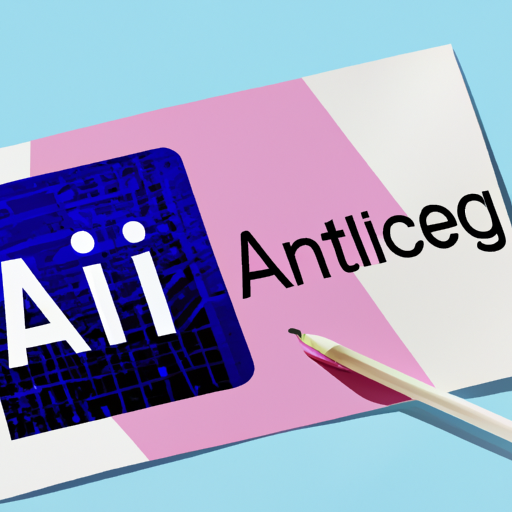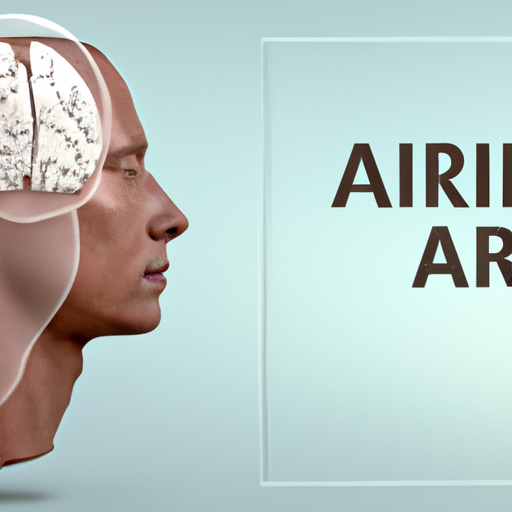The healthcare industry is witnessing a monumental shift due to the rapid integration of Artificial Intelligence (AI). As technology advances, AI is increasingly playing a pivotal role in enhancing patient care, streamlining operations, and driving research in medical fields.
AI’s Role in Patient Care
Artificial Intelligence is enhancing patient care through various innovative applications. From virtual health assistants to predictive analytics, the benefits of AI in healthcare are immense. AI can analyze vast amounts of data to provide personalized treatment options and predict potential health issues before they arise.
Improving Diagnostics
One of the most profound applications of AI is in diagnostics. Tools powered by AI algorithms can process medical images with remarkable accuracy, assisting radiologists in identifying conditions such as cancers, fractures, and other anomalies. This not only reduces human error but also speeds up the diagnostic process, facilitating quicker treatment decisions.
Streamlining Operations
AI is streamlining hospital operations by automating administrative tasks. This allows healthcare professionals to focus on what they do best—caring for patients. From scheduling appointments to managing patient records, AI can optimize workflows and significantly reduce overhead costs.
Challenges and Considerations
Despite the numerous benefits, AI in Healthcare comes with its challenges. Ethical considerations, data privacy concerns, and the need for robust regulatory frameworks are critical to ensuring the safe deployment of AI technologies in medical settings.
The Future of AI in Healthcare
Looking ahead, the potential for Artificial Intelligence in healthcare seems limitless. Continued advancements in technology and increasing investment in health tech pave the way for new innovations that could redefine patient care and operational efficiency in healthcare systems worldwide.
Conclusion
In conclusion, Artificial Intelligence is not just a technological trend but a transformative force in the healthcare sector. As we continue to harness its capabilities, the promise of enhanced care, improved outcomes, and efficient systems will benefit patients and healthcare providers alike.
Stay updated with the latest news and trends in health technology and the impact of AI by following our blog.





